Extreme Weather’s Impact on Real Estate Ownership

1. Rising Insurance Costs for Property Owners
Extreme weather events have led to a significant increase in property insurance premiums. Homes in flood-prone or wildfire-prone areas face skyrocketing rates as insurance companies adjust to the growing risks. For instance, in the United States, states like Florida and California have seen insurers exit the market entirely, leaving homeowners scrambling for coverage.
For real estate investors, these rising premiums can erode profitability, especially for rental properties. Homeowners also risk being underinsured if they fail to update their policies in response to climate changes. This growing expense highlights the need for comprehensive property assessments to understand climate vulnerabilities.
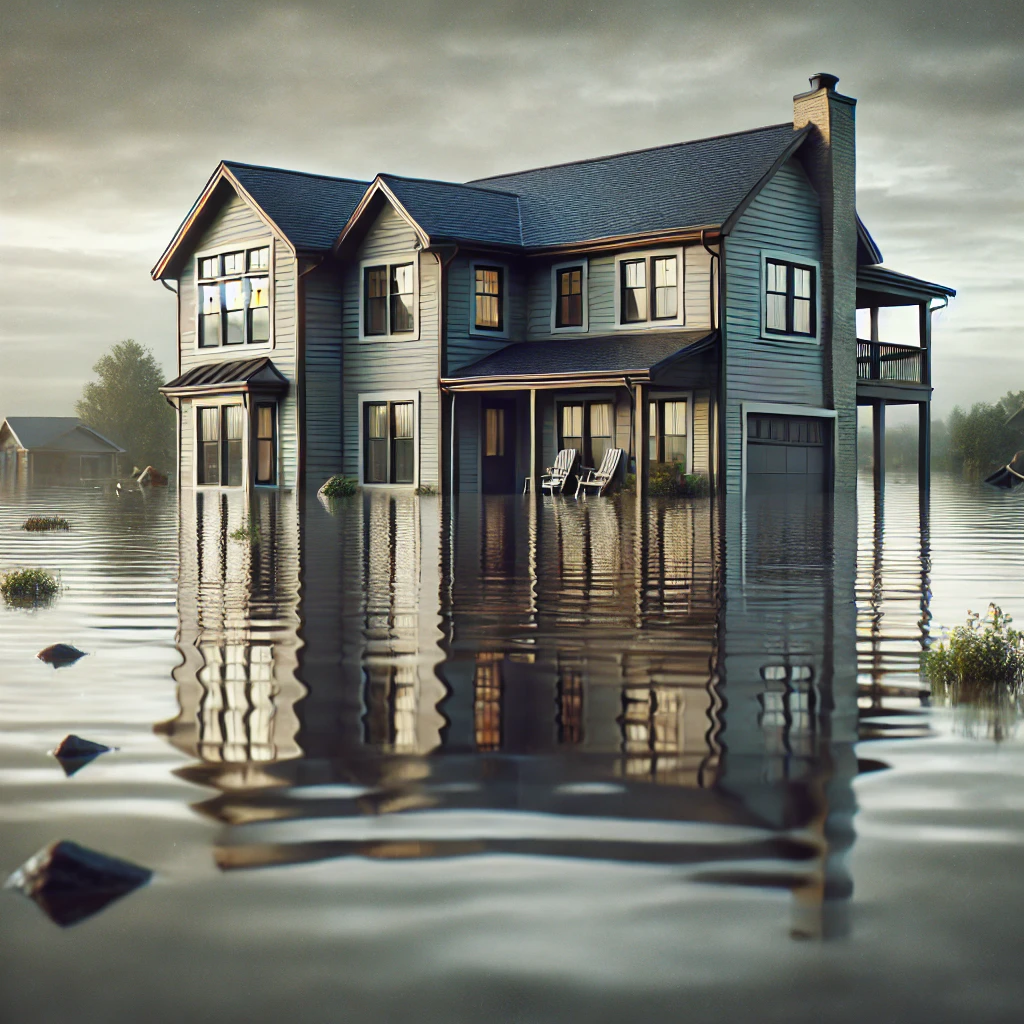
2. Depreciating Property Values in High-Risk Areas
Homes located in regions prone to hurricanes, floods, or wildfires are losing their value. Buyers are becoming increasingly wary of purchasing properties that may be at risk of destruction. Recent studies reveal that coastal properties vulnerable to sea-level rise are depreciating faster than those inland, creating a ripple effect in local real estate markets.
This depreciation not only impacts individual homeowners but also affects community tax bases. Lower property values mean reduced property taxes, which can hinder funding for infrastructure improvements that could mitigate disaster risks.

3. Infrastructure Damage and Long-Term Recovery
Extreme weather can cause catastrophic damage to infrastructure, from roads and bridges to utility lines and sewage systems. Homes in affected areas may become unlivable for extended periods, reducing their market value and appeal. For example, hurricanes can destroy power grids, leaving communities without electricity for weeks, or wildfires can compromise water quality by damaging nearby reservoirs.
For real estate owners, the burden of repairing damaged infrastructure often leads to increased taxes or special assessments. In addition, properties in areas that take longer to recover from disasters may be harder to sell or rent, further compounding financial losses.
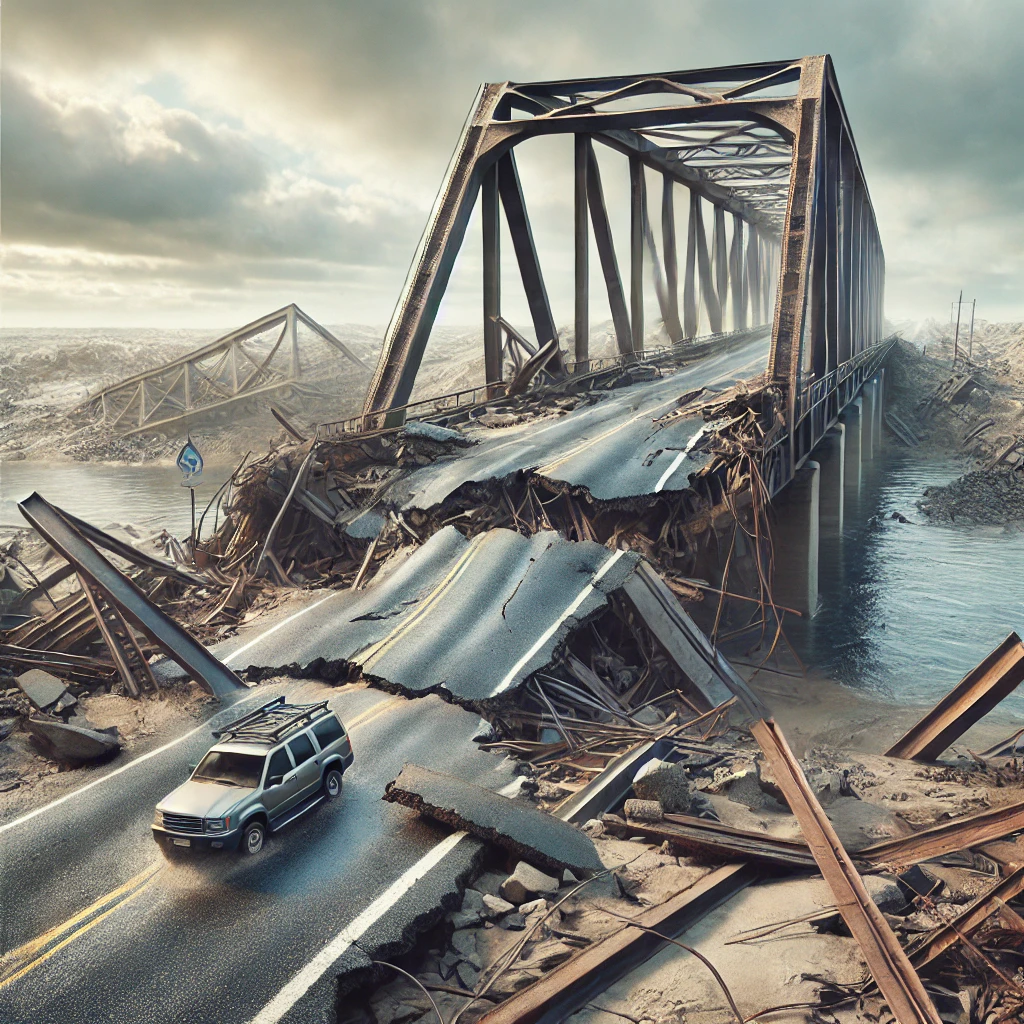
4. Shift in Buyer Preferences
As extreme weather events become more frequent, buyers are prioritizing properties with climate resilience. Features like elevated foundations, hurricane-proof windows, and fire-resistant landscaping are in demand. Smart investors are incorporating these features into their properties to appeal to environmentally conscious buyers.
This shift also extends to location preferences. Communities with proactive disaster management plans, such as well-maintained flood defenses and reliable evacuation routes, are more attractive to potential buyers. Areas perceived as safe havens from climate risks are seeing an uptick in demand and property values.

5. Proactive Steps for Real Estate Owners
To safeguard investments, property owners should conduct climate risk assessments and take steps to fortify their properties. Installing flood barriers, using fire-resistant building materials, and maintaining proper drainage systems can help reduce damage during extreme weather events. Additionally, understanding local regulations and applying for federal grants or assistance programs can help offset the cost of these upgrades.
Investors should also diversify their portfolios, focusing on regions less vulnerable to extreme weather. Technology, such as predictive analytics, can provide insights into future climate risks, enabling smarter investment decisions.
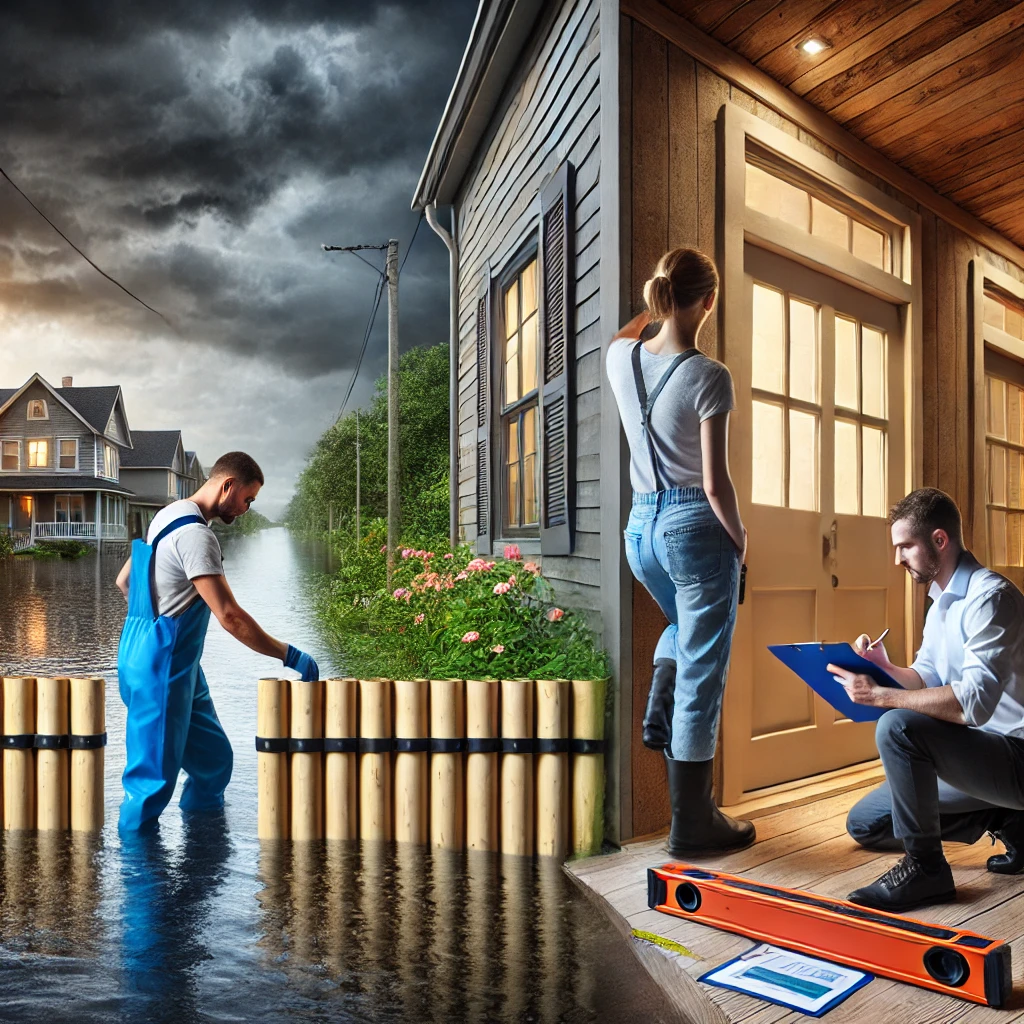
Conclusion
Extreme weather is redefining the landscape of real estate ownership. From rising insurance premiums to shifts in buyer preferences, the impact of climate change is undeniable. As weather patterns grow more erratic, property owners must take proactive measures to protect their investments and adapt to this new reality. By staying informed and investing in resilience, real estate owners can mitigate risks and secure their assets for the future.
Categories
Recent Posts
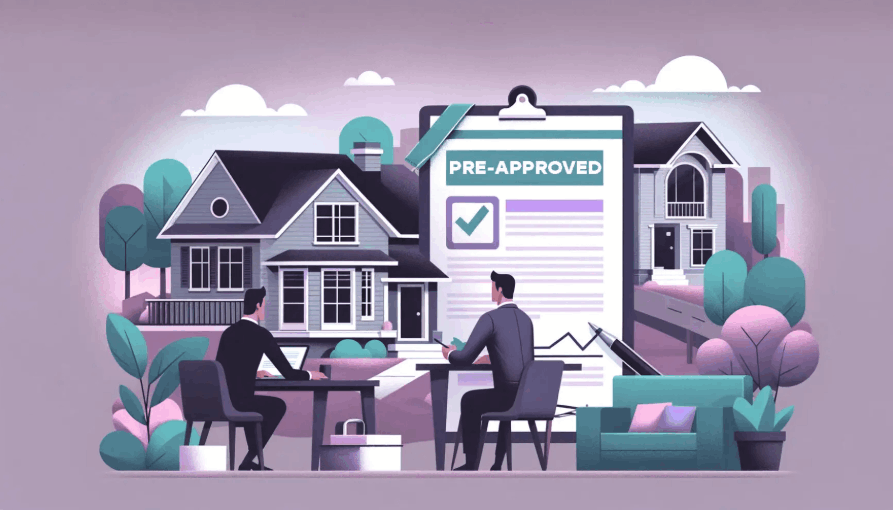


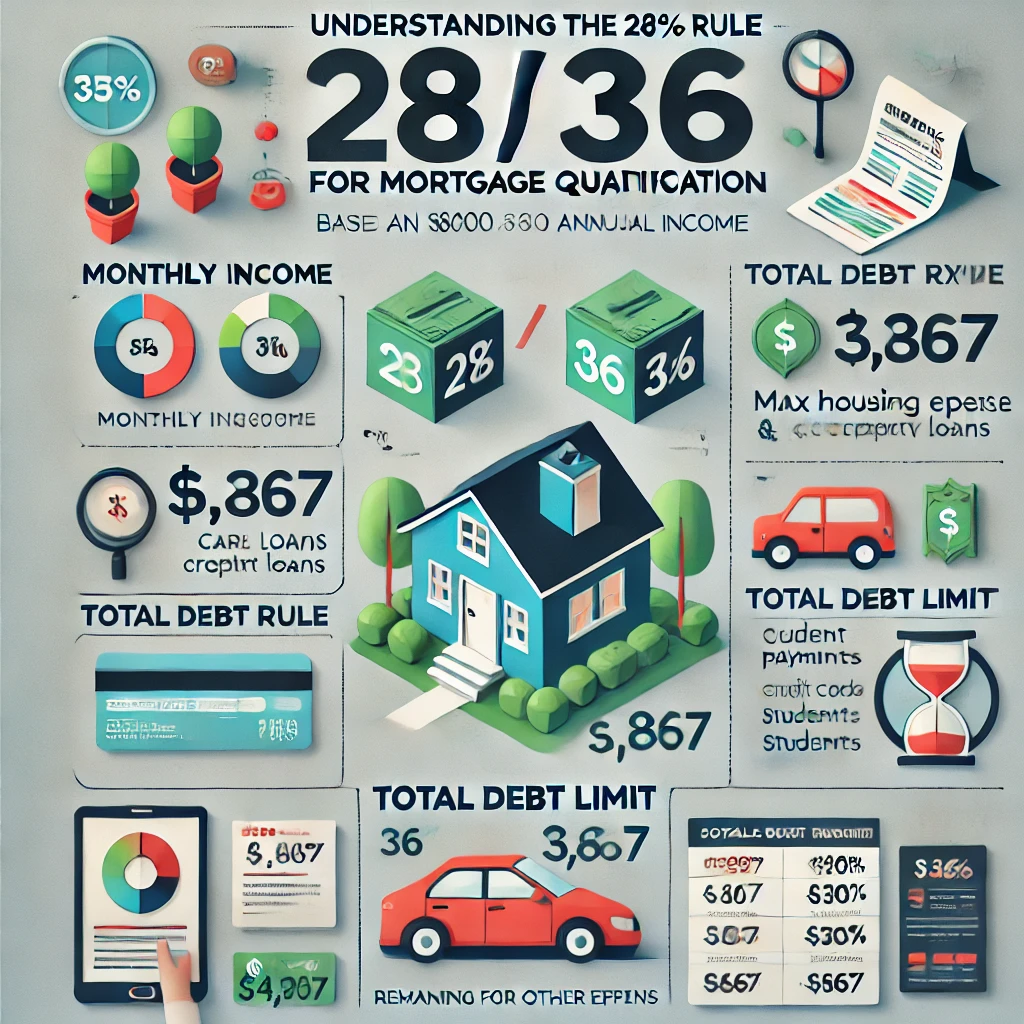

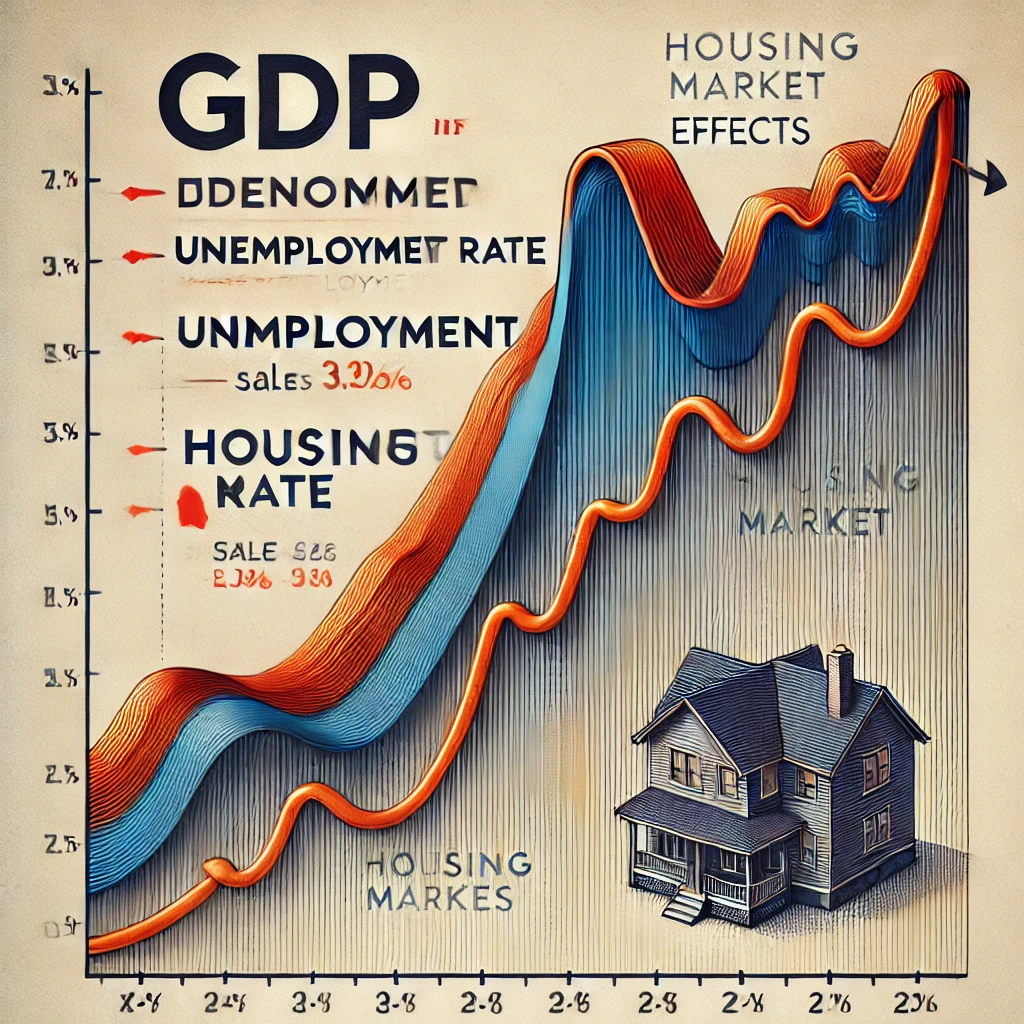
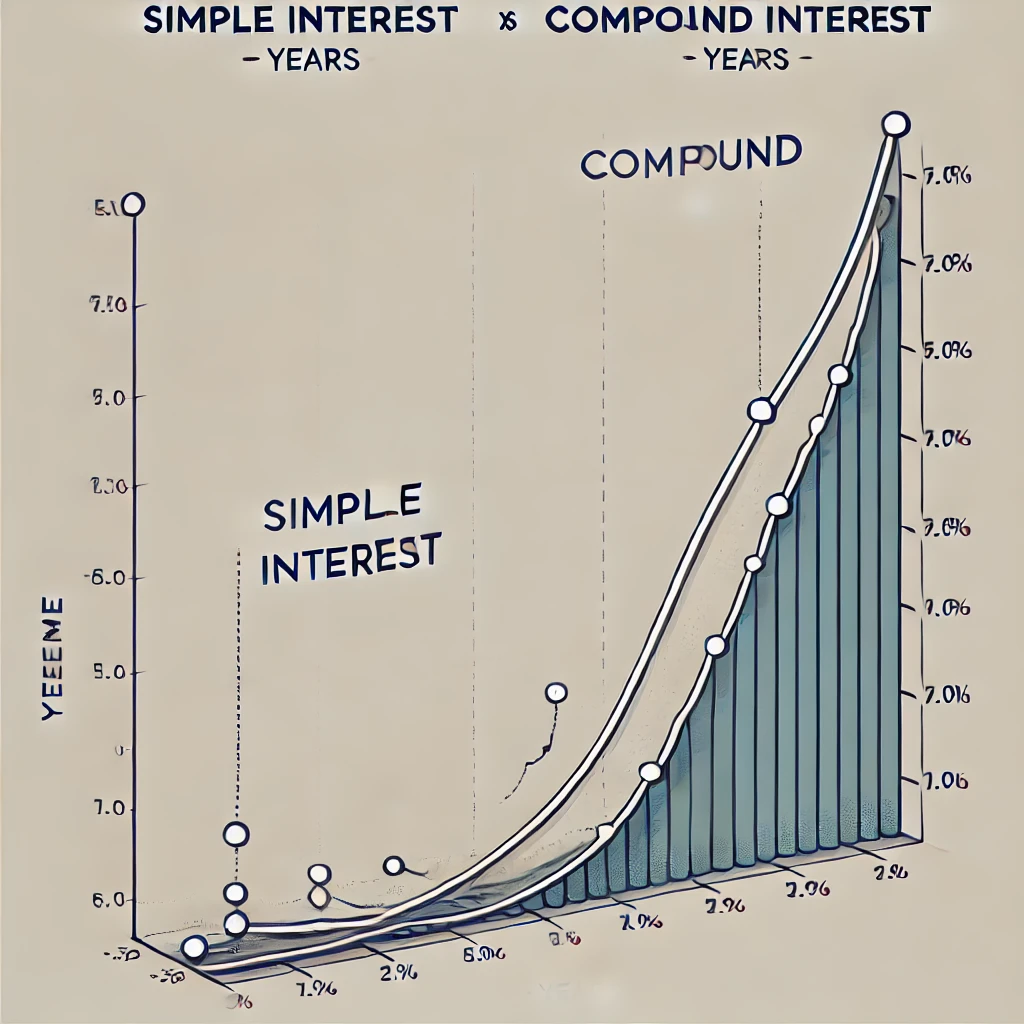



"My job is to find and attract mastery-based agents to the office, protect the culture, and make sure everyone is happy! "
